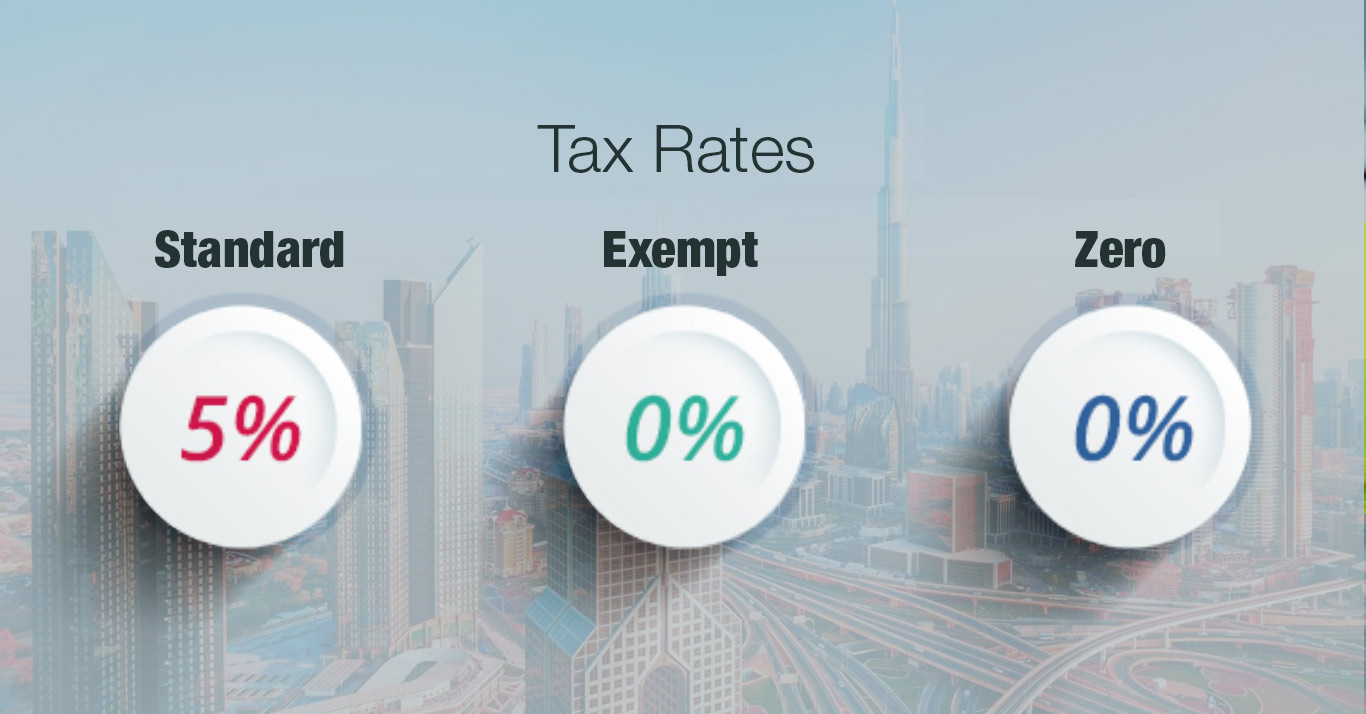Introduction to VAT in UAE
The UAE introduced VAT on January 1, 2018. VAT stands for Value Added Tax. It is a consumption tax that applies to goods and services.
Understanding VAT is essential for businesses and consumers. This article provides a complete guide to VAT in the UAE.
What is VAT?
VAT is a tax on the value added at each stage of production. It is paid by the end consumer. Businesses collect VAT on behalf of the government.
VAT is common in many countries. It helps governments raise revenue without taxing income.
VAT Percentage in the UAE
The standard VAT rate in the UAE is 5%. This rate applies to most goods and services. Some items are exempt or zero-rated.
Zero-Rated and Exempt Supplies
Zero-rated items have a 0% VAT rate. Businesses can claim credits for VAT paid on these items. Exempt items have no VAT applied. Businesses cannot claim VAT credits on exempt items.
| Type of Supply | VAT Rate |
|---|---|
| Standard Goods and Services | 5% |
| Healthcare and Education | 0% |
| Local Passenger Transport | 0% |
| Residential Properties | Exempt |
| Financial Services | Exempt |
Impact of VAT on Consumers
Consumers pay VAT when they buy goods and services. VAT increases the cost of living slightly.
For example, a product that costs AED 100 will have AED 5 as VAT. The total price will be AED 105.

Credit: www.linkedin.com

Credit: www.exceltip.com
Impact of VAT on Businesses
Businesses must register for VAT if their turnover exceeds AED 375,000 per year. They must charge VAT on sales and pay VAT on purchases.
Businesses must file VAT returns and keep accurate records. They can claim credits for VAT paid on business expenses.
VAT compliance is crucial for avoiding penalties and fines.
How to Register for VAT in the UAE
Businesses can register for VAT on the Federal Tax Authority (FTA) website. The process is simple and requires basic information.
- Business details
- Contact information
- Bank account details
- Proof of business activity
After registration, businesses receive a Tax Registration Number (TRN).
Filing VAT Returns
Businesses must file VAT returns quarterly. The return includes details of sales, purchases, and VAT paid.
Businesses must pay any VAT due to the FTA. They can also claim refunds for VAT paid on expenses.
Penalties for Non-Compliance
The FTA imposes penalties for non-compliance with VAT laws. Penalties can be severe and include fines and legal action.
Common penalties include:
- Late registration
- Late filing of returns
- Incorrect information on returns
- Failure to maintain records
Frequently Asked Questions
What Is The Vat Rate In Uae?
The VAT rate in the UAE is 5%.
Is There Vat On Food In Uae?
Yes, most food items in UAE are subject to 5% VAT.
Are Medical Services Vat Exempt In Uae?
Yes, most medical services in UAE are VAT exempt.
Do Tourists Pay Vat In Uae?
Yes, tourists pay VAT, but they can claim refunds.
Conclusion
VAT in the UAE is set at a standard rate of 5%. It applies to most goods and services. Some items are zero-rated or exempt.
Understanding VAT is crucial for businesses and consumers. It ensures compliance and helps avoid penalties.
For more information, visit the Federal Tax Authority website.

Ahmed bin Rashid, a seasoned travel enthusiast and visa process expert and the successful Businessman in Dubai. With an LLB from the University of Bolton in 2015, he combines his legal knowledge with his passion for exploration, offering invaluable insights into Business formation and visa processes around the globe. Follow Ahmed’s captivating journeys and expert advice to embark on your unforgettable adventures & Business.

